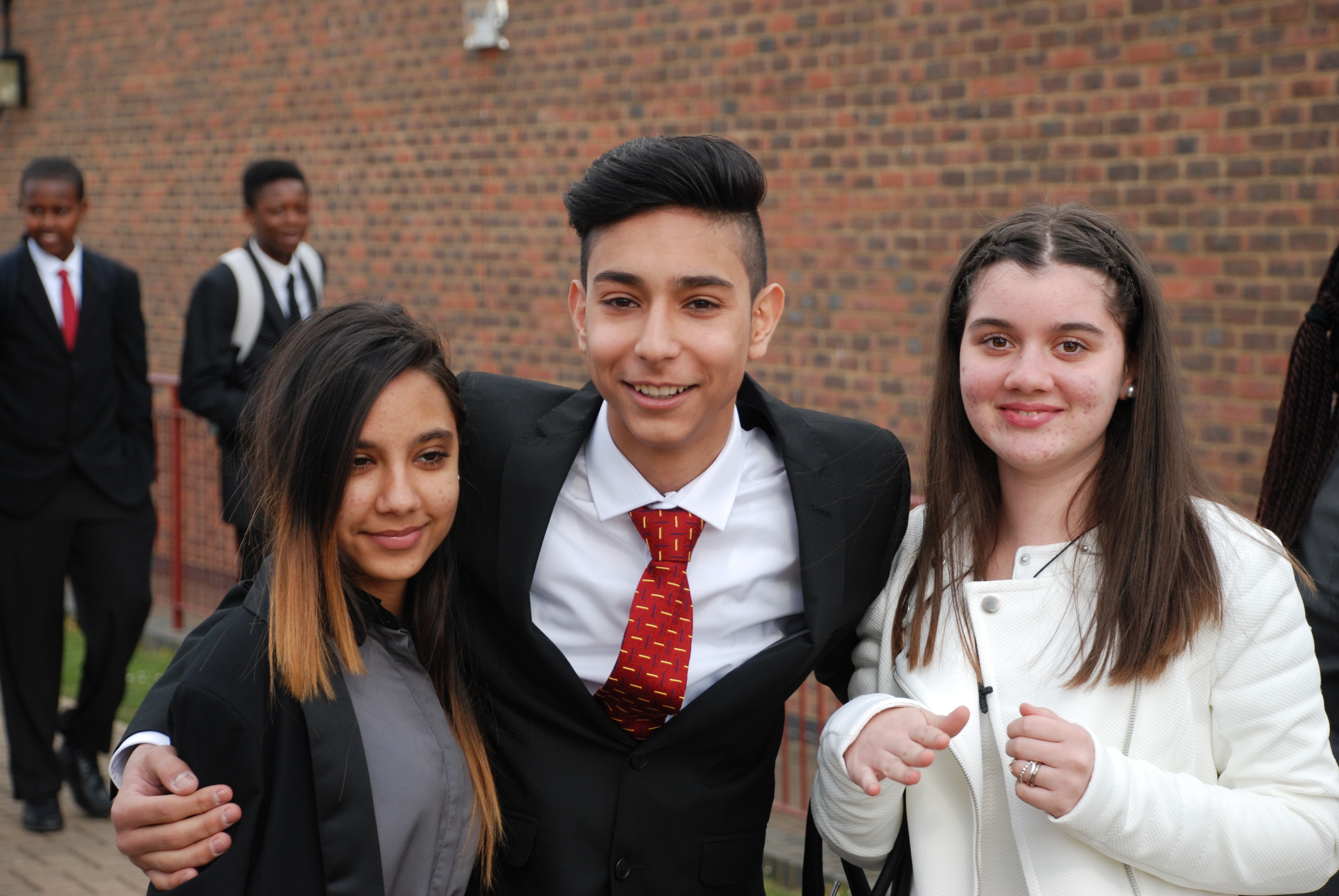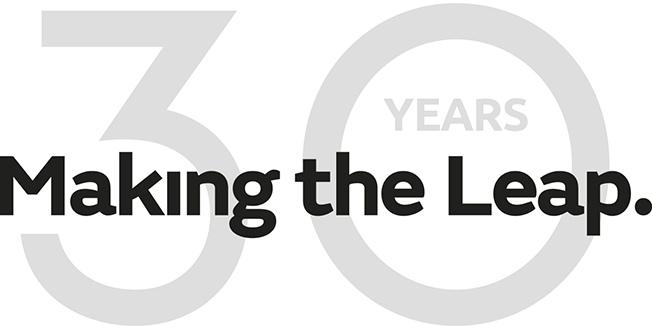
Schoolchildren and their social mobility could suffer under government’s reported plans to reintroduce grammar schools
9th September 2016: Founder of youth and social mobility charity Making The Leap warns of grammar schools’ impact on children’s life chances.
With the government considering reintroducing selective grammar schools to the UK’s education system, social mobility experts are condemning the move, warning it will cause further inequalities for disadvantaged schoolchildren. Whilst the Cabinet Minister Michael Fallon has claimed that greater choice and selection will improve the life chances of disadvantaged children, social mobility tsar Alan Milburn has argued that it risks widening the ‘us and them divide’ in schools and that it could result in a ‘social mobility disaster.’ His words were echoed by the chief inspector of schools, Sir Michael Wilshaw, who cited figures to dispute the government’s ideas– using Bexley, South-East London as an example, where poorer pupils are significantly under-represented in selective schools.
Making The Leap’s vision is that there are opportunities for all, so the re-introduction of a selective system that favours more advantaged pupils is highly concerning for the charity, particularly in light of Theresa May’s claim that she wants to create a system ‘that works for everyone – not just the privileged few.’ Founder, Tunde Banjoko OBE said:
“The move towards opening more grammar schools will seriously test the credentials of a government that has positioned itself as a champion of social mobility. There is no doubt that selective state schools do well for those pupils that make the cut, but what about those that do not? Do we really want to return to a system that decides, at the tender age of 11, that a child does not have the right to be in the best academic environment that the state can provide? Writing off the chances of so many children, which will disproportionately affect those from the poorest backgrounds, dampening their ambition and leaving their potential unharnessed, is not what the country needs. We want to see an inclusive education system that works for all young people, that is how we will improve social mobility.”
ENDS
Notes to editors
- Attitude and aspirations account for a staggering 22% of the rich/poor gap at GCSE attainment. This means that changing the mindset of young people would substantially increase their chances of academic success.
- 93% of employers consider soft skills to be just as important if not more important than hard skills when evaluating job candidates. This means that young people who do not possess soft skills find it difficult to get on the career ladder.
- Since 1993, Making The Leap has specialised in soft skills training to improve social mobility. It has helped over 34,800 people and last year supported over 7,000 11-25 year olds across London, developing skills that will help them succeed in and beyond school, and helping them access career opportunities with top companies.
Media enquiries
Contact BETHANY PROUD on 020 8962 1900 or bethany.proud@mtl.org.uk
Follow Making The Leap on social media for all the latest news and updates.
